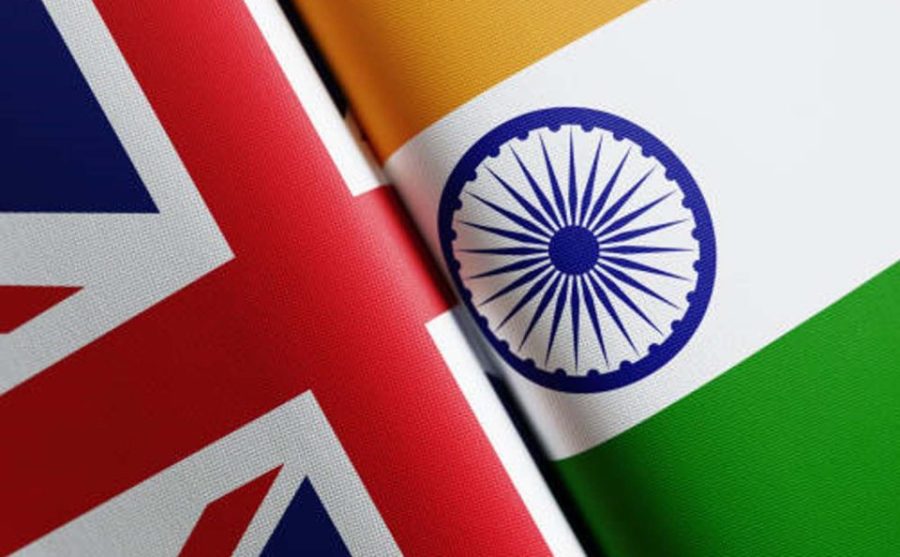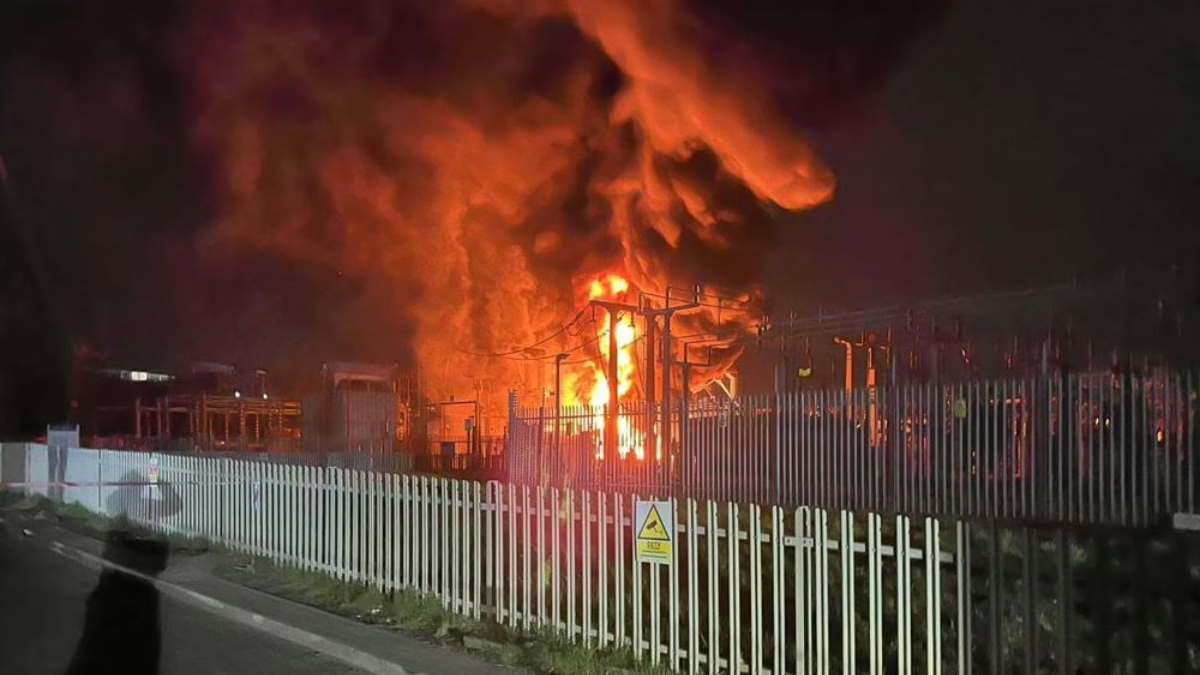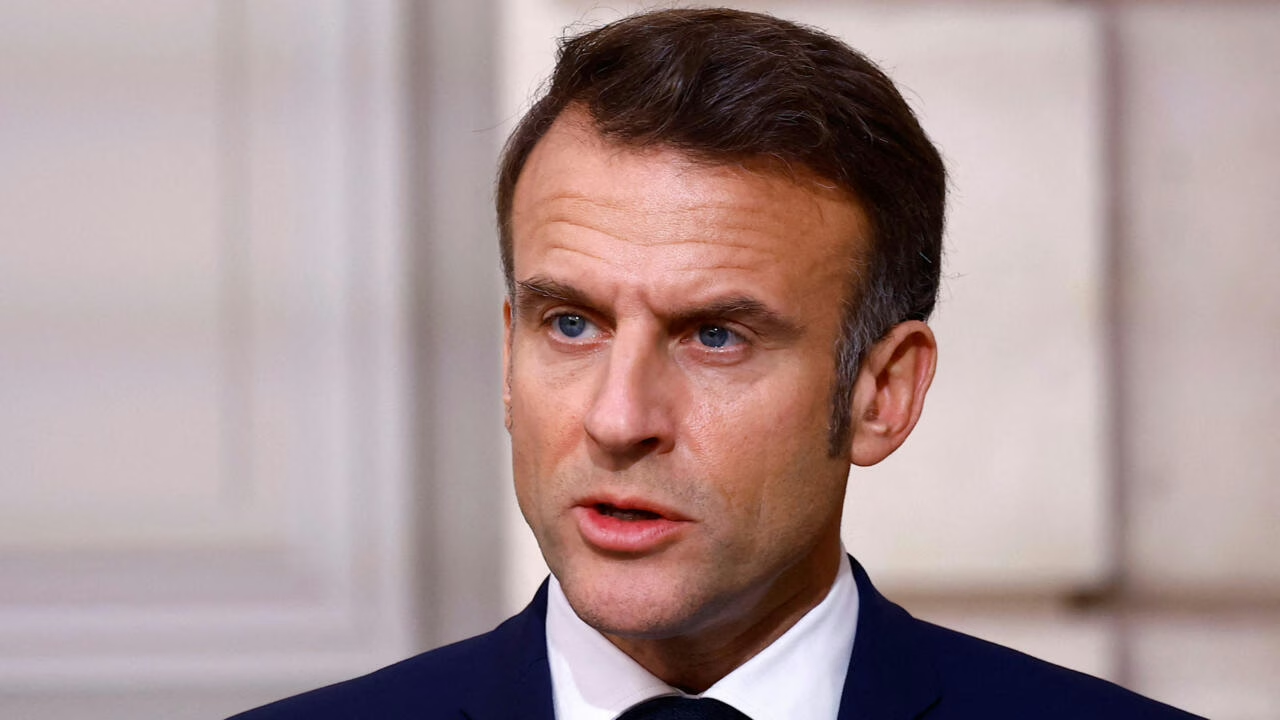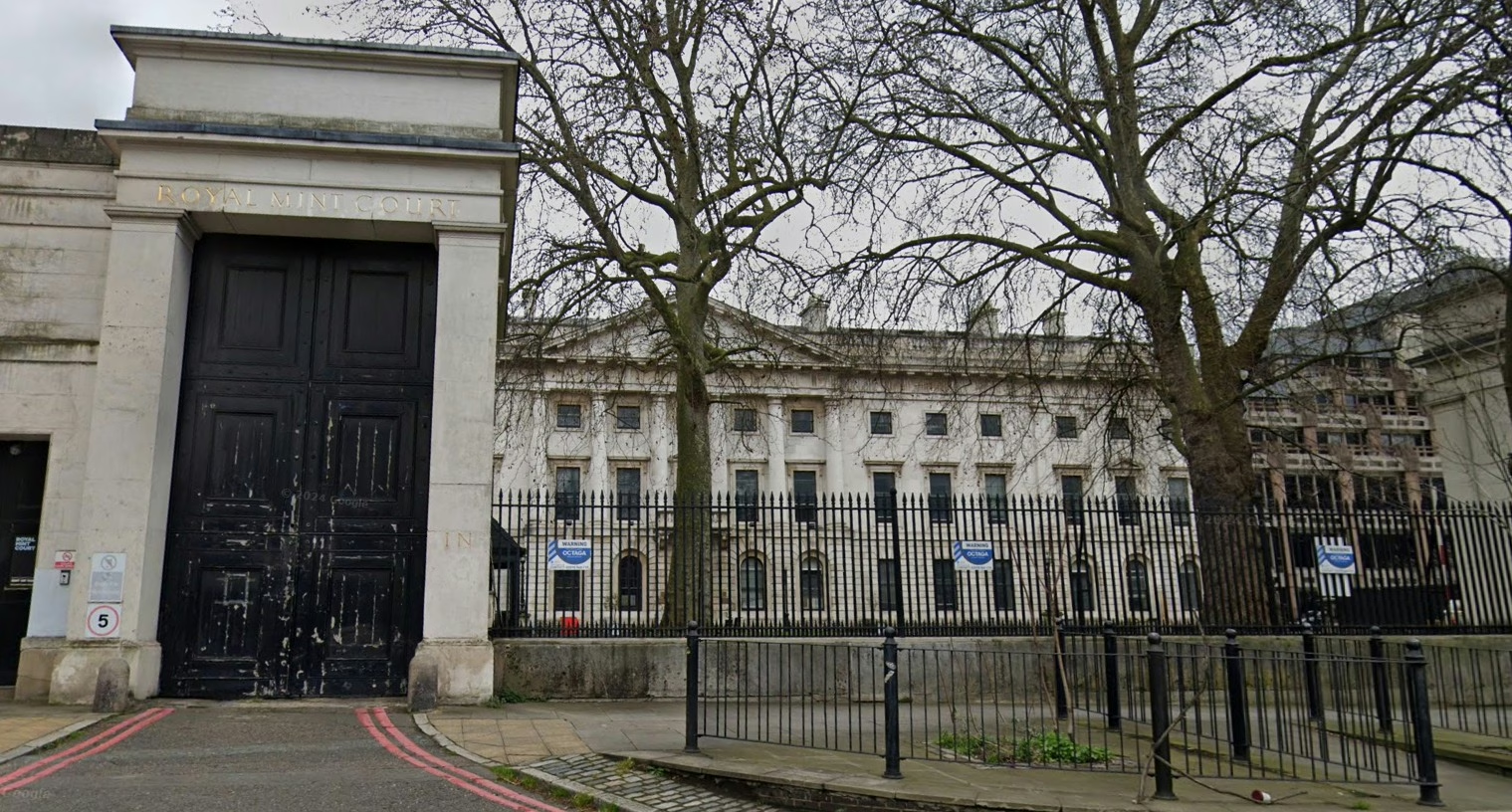The UK and India sealed a landmark Free Trade Agreement (FTA) on 6 May, hailed as the most significant bilateral trade deal since Brexit. But a controversial clause granting Indian workers a three-year exemption from National Insurance Contributions (NICs) has ignited a firestorm, branded grossly unfair to British locals amidst a crippling fiscal deficit and recent tax hikes. Shockingly, Home Secretary Yvette Cooper was reportedly kept in the dark about the clause’s details, laying bare disarray within the Labour government less than a year into its tenure. As Parliament gears up for a contentious review, the deal’s long-term impact and political fallout could reshape Britain’s future.
Deal Highlights: A Trade Revolution?
After three years and 14 gruelling rounds of talks, the UK-India FTA promises to turbocharge economic growth through tariff cuts and enhanced services cooperation:
- Tariff Slashes: India will reduce tariffs on 90% of UK goods, with 85% becoming duty-free within a decade. British whisky (tariffs dropping from 150% to 40%), cars (from over 100% to 10%), medical devices, and lamb will see major export boosts. The UK will scrap tariffs on Indian clothing, footwear, and frozen shrimp, promising lower consumer prices.
- Services Surge: British firms gain easier access to bid for Indian government contracts in transport, healthcare, and energy. Digital trade and paperless customs will open doors for SMEs.
- Economic Outlook: The government projects the deal will add £4.8 billion annually to the UK economy by 2040, create 1,200 jobs, and boost bilateral trade by £25.5 billion. India expects 99% of its exports to enter the UK duty-free, bolstering its clothing and food sectors.
Controversy Erupts: Indian Workers’ Tax Break
The deal’s “Double Contribution Agreement” (DCA) allows Indian firms to send up to 1,800 temporary workers annually (including chefs, musicians, yoga instructors, and IT specialists) to the UK, exempt from NICs for three years, paying social security only in India. Intended to cut business costs, the clause has triggered a maelstrom of criticism:
- British Locals Cry Foul:
- Tax Injustice: UK workers and businesses must pay NICs to fund pensions and the NHS. In October 2025, Labour hiked employer NICs to 15% and lowered the threshold to £5,000, raising £40 billion to tackle a £142 billion fiscal deficit. Locals face heavier tax burdens, while Indian workers’ exemption is seen as a “blatant injustice”. A Birmingham café owner fumed: “I’m forking out hundreds more in tax, but Indian chefs pay nothing. Where’s the fairness?”
- Job Squeeze: Though the 1,800 Indian workers are mostly skilled, sectors like hospitality may see direct competition with locals. The UK Services Alliance warns that Indian firms’ cost advantage could depress wages and lead to layoffs in SMEs. A Daily Telegraph poll found 62% of Britons believe the deal “harms local interests”, with 55% losing faith in Labour.
- Public Rage: Amid a cost-of-living crisis, locals are hypersensitive to “foreigner perks”. The exemption is seen as a betrayal, fuelling resentment towards Labour’s economic priorities.
- Fiscal Deficit Nightmare:
- The UK’s 2024/25 deficit stands at £142 billion (5.5% of GDP), with Labour aiming to cut it to £67 billion by 2029/30. The NICs exemption costs £15 million annually (£45 million over three years), a drop in the bucket compared to the FTA’s £4.8 billion gain. Yet, in a deficit crisis, it’s branded “reckless”. The Institute for Fiscal Studies (IFS) warns that NICs account for 20% of government revenue, and expanding the exemption could balloon the deficit. Lib Dem leader Ed Davey blasted: “Labour’s squeezing families with taxes while splashing exemptions on foreign workers!”
- With tax hikes already straining households and firms, the exemption is seen as “pouring fuel on the fire”, threatening pensions and NHS funding.
- Home Office Blindsided, Labour Chaos Exposed:
- The Times revealed Home Secretary Yvette Cooper was clueless about the NICs exemption details in the talks’ final stages, sparking a cabinet row. Sources say Cooper warned the clause could incite public backlash but was sidelined by the Department for Business and Trade and the Treasury. Tory leader Kemi Badenoch pounced: “If the Home Secretary’s in the dark, how can we trust this deal?”
- Labour, in power since July 2024, pledged economic stability and transparency, but the NICs fiasco exposes deep cabinet rifts. The Treasury and Trade departments bypassed the Home Office, leaving Cooper without cost-benefit analyses or impact assessments. Reports suggest Cooper is privately livid with Starmer’s leadership, while October’s tax hikes already sparked backbench rebellions. Political analysts warn that cabinet fractures could destabilise Labour’s grip on power.
- Immigration Nerves Frayed:
- Though the deal doesn’t alter immigration policy, the NICs exemption is framed by right-wing groups as “backdoor immigration”. The Daily Mail screamed: “Indian workers steal jobs, dodge taxes!” UKIP’s leader roared: “This insults British workers—Labour puts foreigners first!” A poll shows 55% of Britons think the deal weakens immigration control, with fears the 1,800 workers are just the start, potentially flooding low-skill job markets.
- Immigration, a tinderbox in the cost-of-living crisis, has turned the exemption into a lightning rod for Labour’s critics, who accuse the party of breaking election promises.
- Carbon Tax Time Bomb:
- India sought an exemption from the UK’s upcoming Carbon Border Adjustment Mechanism (CBAM), but the FTA sidesteps the issue. Make UK warns that CBAM taxes on Indian imports could negate the deal’s benefits, prompting Indian firms to cut UK investments and harming local jobs and tax revenue.
Long-Term Impacts: Boom or Bust?
- British Locals: Short-term pain is likely, with Indian firms’ cost edge squeezing profits in hospitality and services, hitting low-skill workers’ wages and jobs. Long-term, the FTA’s 1,200 jobs and Indian investment in IT and manufacturing could boost local hiring, while cheaper imports may ease living costs. But if benefits skew towards corporations, public resentment could fuel social unrest, eroding Labour’s voter base.
- Fiscal Deficit: The NICs exemption’s small revenue hit undermines Labour’s deficit-busting credentials, especially against its tax-hike backdrop. The FTA’s £4.8 billion boost is years away, and global trade shocks (like US tariff wars) could widen the deficit, forcing more taxes or welfare cuts.
- UK’s Global Role: The deal cements the UK’s Indo-Pacific pivot, tying the world’s fifth and sixth-largest economies. With India set to become the third-largest economy by 2028, UK firms could reap massive gains. But domestic backlash risks derailing the deal, weakening Britain’s leverage in talks with other emerging markets.
- Labour’s Survival: The NICs row and cabinet chaos threaten Labour’s fragile mandate. Long-term, Starmer must unify his party and restore public trust to avoid a right-wing resurgence in the 2026 local elections. Failure could hand populists a platform to exploit immigration and economic woes.
Government and India’s Defence
Prime Minister Keir Starmer hailed the deal as a “post-Brexit triumph”, projecting £9 billion in tariff savings and Indian investment. He insists the NICs exemption, limited to 1,800 workers, is a fair trade for India’s market access. India’s Commerce Minister Piyush Goyal called the clause a “game-changer”, supercharging India’s IT and services dominance.
Outlook: Parliament’s Showdown Looms
The UK-India FTA could redefine Britain’s trade landscape, but it’s teetering on the edge:
- Local Fallout: Labour must prove the deal benefits ordinary Britons, or protests could erupt.
- Deficit Woes: The Treasury needs transparent data to justify the exemption, or tax-hike critics will pounce.
- Labour’s Meltdown: Starmer must mend cabinet rifts and ensure the Home Office isn’t sidelined again. Cooper’s silence fuels speculation of a rebellion that could fracture the government.
- Parliamentary Clash: Tories and Lib Dems demand shorter exemptions and full disclosure of talks. Rogue Labour MPs may join the revolt, turning the review into a political bloodbath.
- Public Trust Crisis: Right-wing media are in overdrive, and Labour must explain the Home Office debacle while touting the deal’s perks (like cheaper goods). Without a PR win, Starmer’s approval could crater.
Conclusion
The UK-India FTA was meant to herald a golden era of trade, but the Indian workers’ tax break and the Home Office’s blindsiding have plunged Labour into a perfect storm. British locals reel from tax inequity and job fears, the deficit crisis deepens, and Labour’s cabinet chaos hands ammunition to its foes. As Parliament prepares to grill the deal, Starmer faces a make-or-break moment. If he can’t quell the fury and unify his ranks, this “historic victory” risks collapsing into a political catastrophe, with ripples that could haunt Britain for years.
Discover more from “Bridging Hongkongers. Reporting Truth.”
Subscribe to get the latest posts sent to your email.




